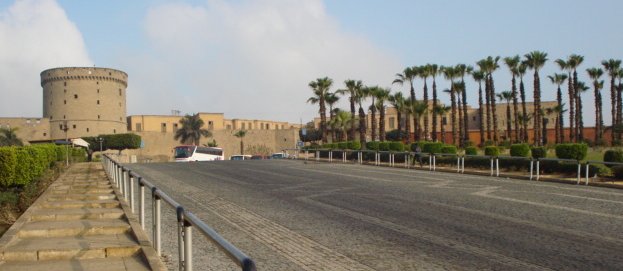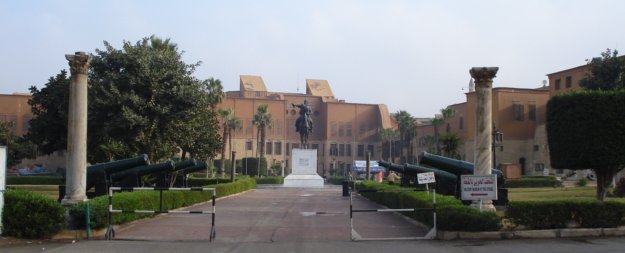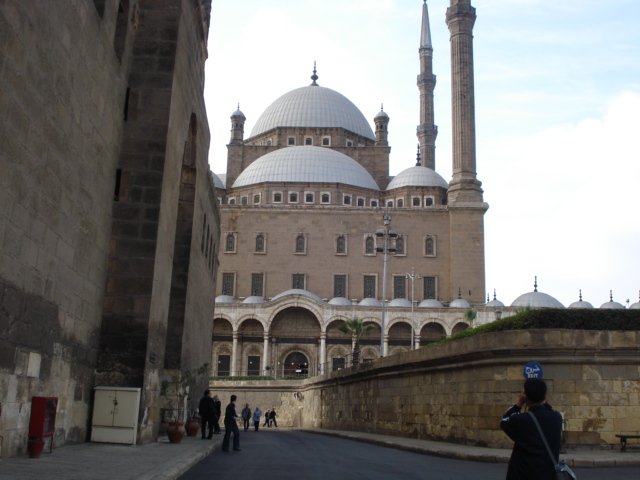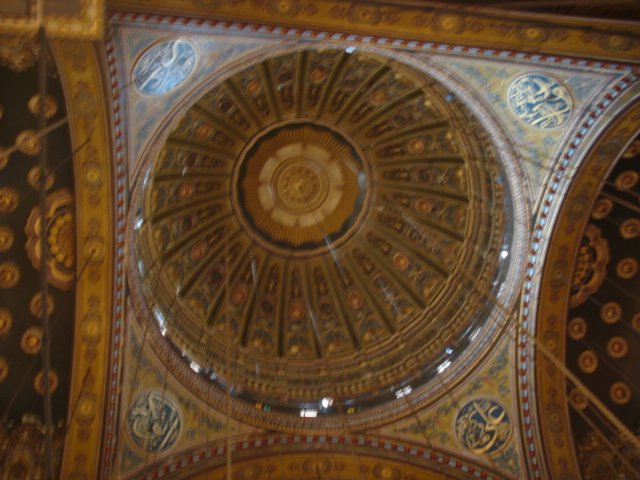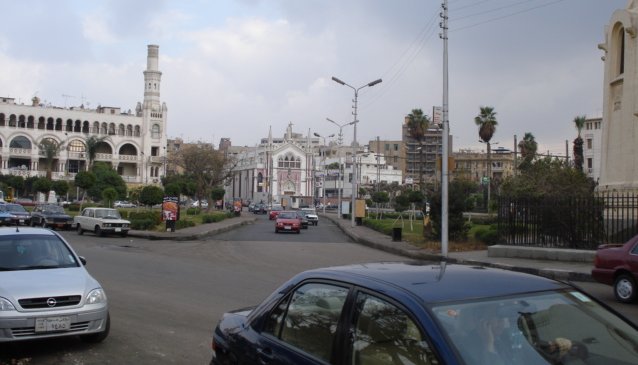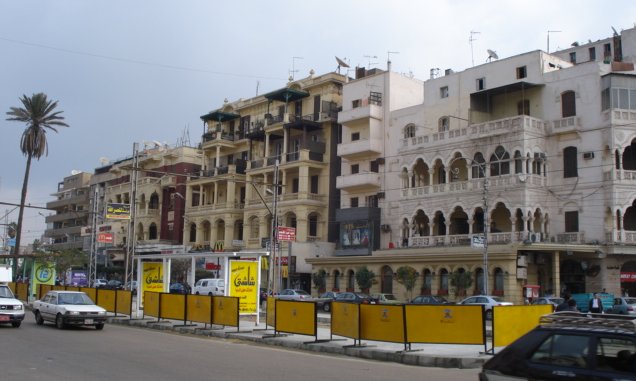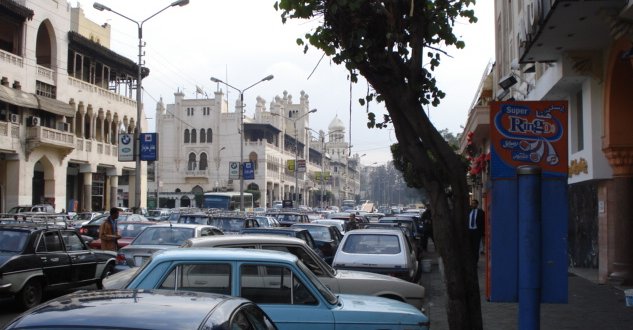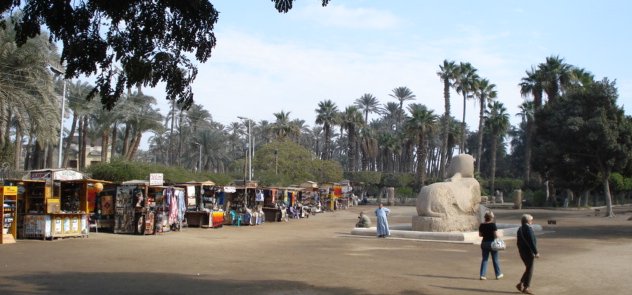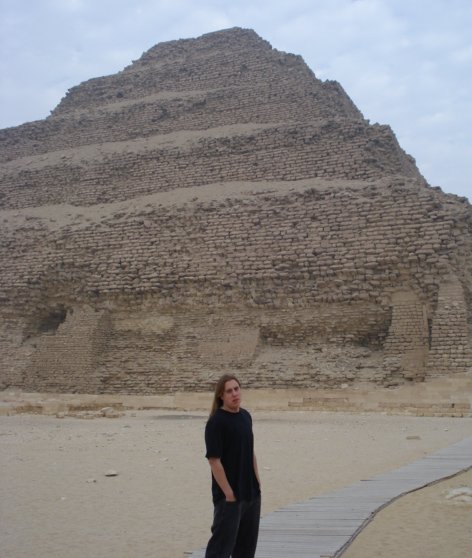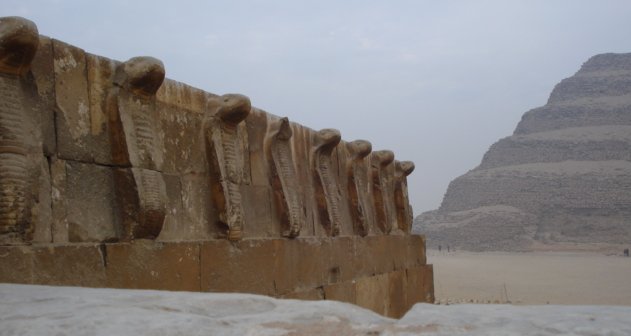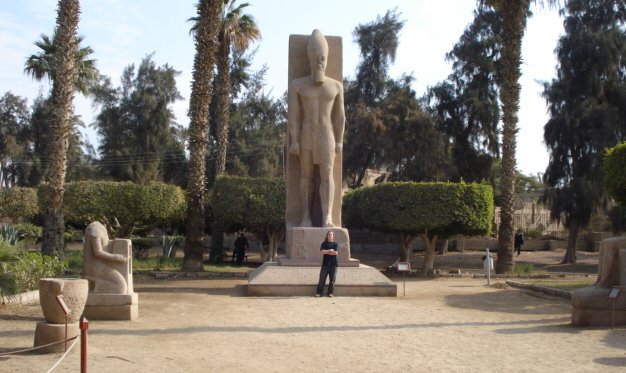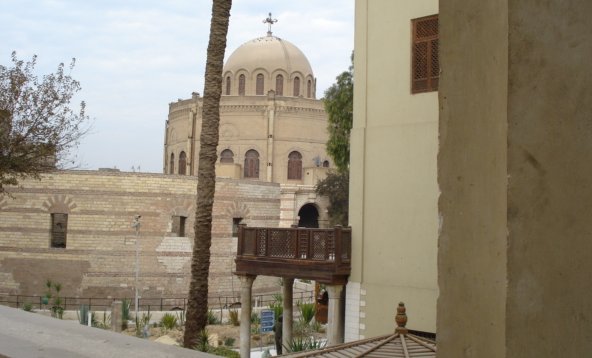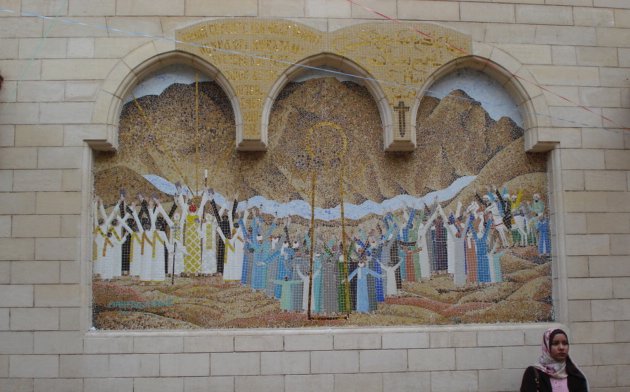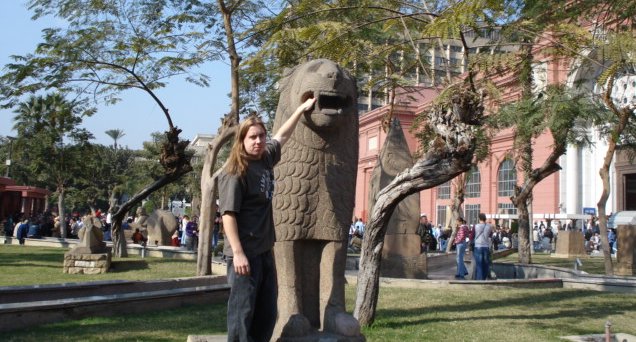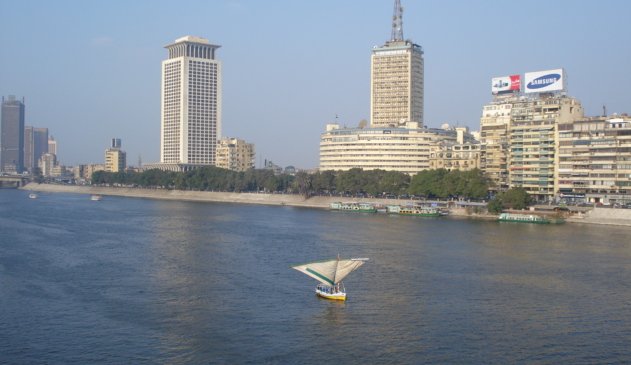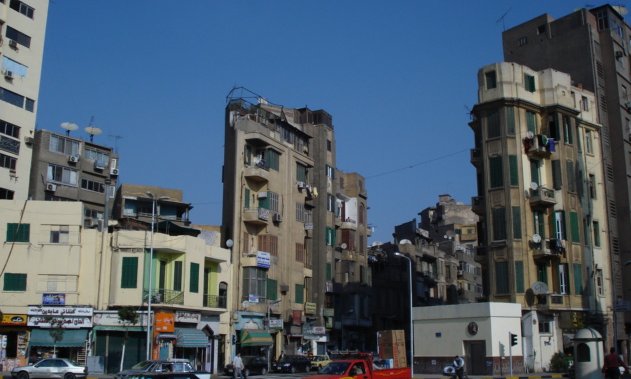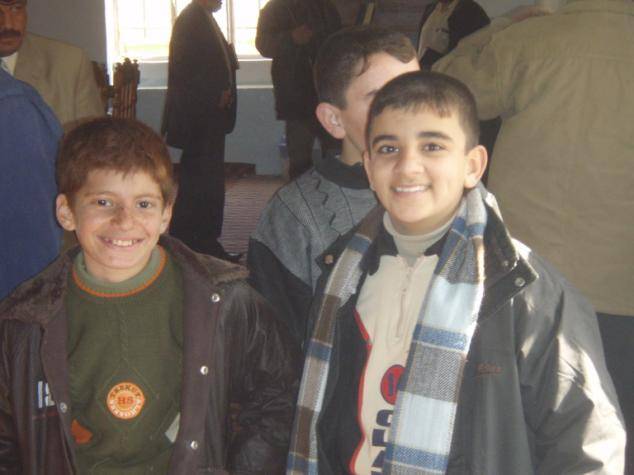
Deserts Bloom, Not
It rained in western Anbar, creating a unique sort of mud that is sticky, slippery and viscous all at the same time, but I have been waiting for more than a week and still I see no sign that the desert around here is going to bloom, as deserts do in some other parts of the world. I figure all the seeds were dry roasted over the summer. But some seeds we planted are growing and I am happy to report some success, which I would like to include in some of my posts. We are involved in hundreds of projects. I can include only a few examples.
Books Instead of Bombs
Our ePRT expertise and funds expedited the opening of a library in Haqlaniyah, near Haditha. The local community provided the building and much of labor to get this up and running. It is a project they wanted and a project they worked on themselves, so I believe it will be a sustainable success. It has internet access and we are helping them buy 6000 books as a start. Currently, it is a general purpose library, but we expect that it will evolve into a library serving mainly local school kids.
The picture at the top is from the library opening.
Real Estate Booms
An unexpected (to me) success has been mapping and planning software one of our team members got free from the National Geospatial-intelligence Agency. We have a slightly dumbed down version, not detailed enough to be a security threat, but good enough for the purposes intended. The software and training on how to use it is getting an enthusiastic reception from local cities. The software features GPS grid coordinates and graphic overlays of details such as district boundaries. The ePRT further facilitated the process with QRF grants for two desktop PCs each to Haditha, Haqlaniyah and Barwanah to run the software, as well as Theodolite laser survey equipment.
Urban planning and surveying is particularly important to these cities at this time, because population is rapidly growing as refugees return to these recently war torn towns and people from other areas move in seeking relatively lower land and cost of living in a more secure area.
Rising property values is a sign of success. People feel secure enough about the future to build a house and raise a family. Iraq is probably one of the few countries not to be caught in the real estate crunch and I bet most of the loans are subprime.
War Widows
My ePRT colleague LtCol Linda Holloway has been doing good in her own special way with war widows. Linda is doing more good than she knows. You can read about her at this link.
I have more stories like those above to tell, and I will be doing it in coming weeks. They are part of a much bigger picture.
With Malice Toward None …
I think we should take inspiration from President Lincoln’s Second Inaugural, when our country was on the verge of ending our greatest conflict and looking to end a time of great hatred.
“With malice toward none, with charity for all, with firmness in the right as God gives us to see the right, let us strive on to finish the work we are in, to bind up the nation’s wounds, to care for him who shall have borne the battle and for his widow and his orphan, to do all which may achieve and cherish a just and lasting peace among ourselves and with all nations.”
This is not the existential conflict Lincoln faced, and I prefer not to be melodramatic, but I will because I think the point needs making. When you hear somebody who wants to pull us out before we have finished our jobs, think about that picture above. We provide the security that makes this possible. The Iraqis will be able to take care of it themselves soon, but not today. They need us and they want us. Think of those smiling kids involved in an insurgency or a civil war, strapping bombs to their chests instead of book bags to their backs. And some of them would not stay only in Iraq to carry out their nefarious deeds. We are here for their freedom … and ours.


